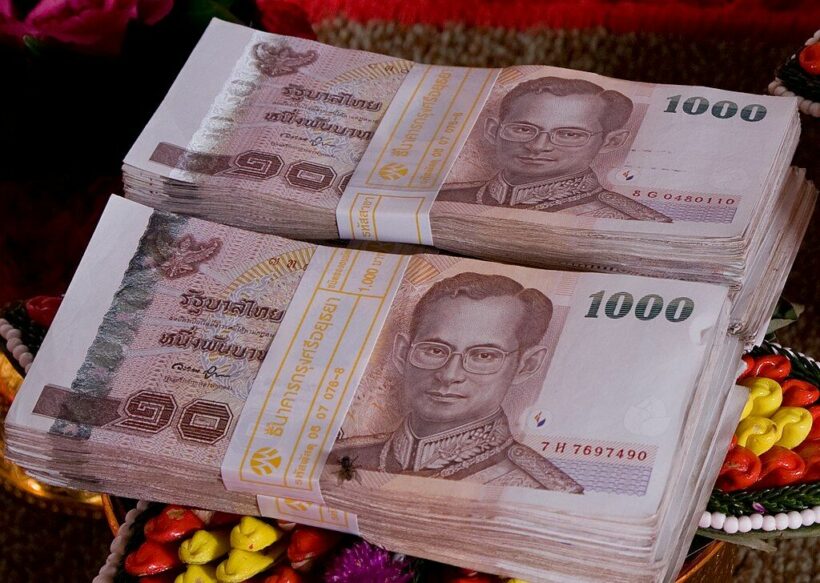Despite a better performance in first quarter, Thailand’s GDP may not impress in second

Despite performing better than predicted in the first quarter, Thailand’s gross domestic product may not be as impressive in the second quarter. As the first quarter saw a contraction of 2.6% year on year, analysts say the contraction was better than predicted. Now, an Oxford Economics report says the recent third wave in Covid-19 may prevent the GDP from seeing a smaller contraction in the second quarter.
The report predicts that Thailand’s GDP will only grow by 2.8% this year as the third wave of the virus has seen more than 2/3 of total infections in the Kingdom since the pandemic began in late 2019. The restrictions set forth to businesses is also contributing to the prediction as many have been forced to shutter. Already, the first quarter saw business confidence and household consumption contract by .4%, a number that was 1.2% lower than last year’s first quarter.
As the new safety measures have seen the Centre for Covid-19 Situation Administration classifying provinces into coloured zones, those in the red and deep red are seeing only non-entertainment venues staying open at a reduced capacity since the beginning of April. Despite the country planning to reopen by July in some tourist hotspots like Phuket, the plans may be delayed due to the rising amount of infections. The tourism industry, once again, is set to take a further hit, likely until the country has administered vaccines en masse.
Thailand’s net exports have also seen a dent, despite rising 8%. Stronger imports have offset the growth, decreasing 8% points from last year’s first quarter net exports growth.
Meanwhile, Thailand is planning a mass vaccination scheme to help achieve herd immunity in line with reopening the country by at least October, however, the plan has yet to take off. As Bangkok deals with increasing daily infections, plans have been set to open 25 vaccination centres in an effort to inoculate 38,000 to 50,000 people per day. The goal is to see 5 million people in the capital vaccinated by the end of July, but previous unmet goals have gained widespread criticism of the government’s handling of the pandemic.
SOURCE: Business Times
Latest Thailand News
Follow The Thaiger on Google News:


























